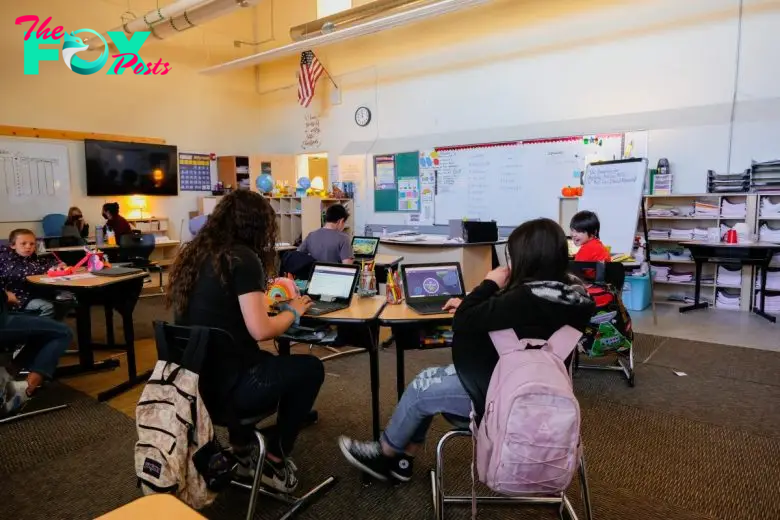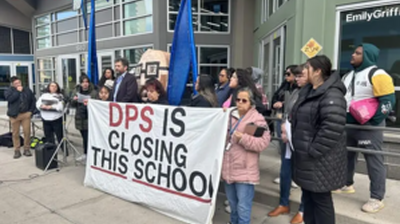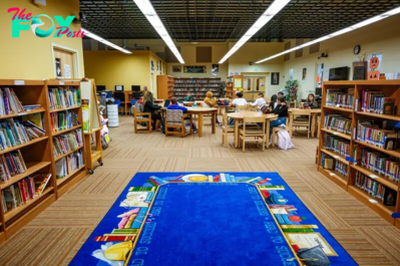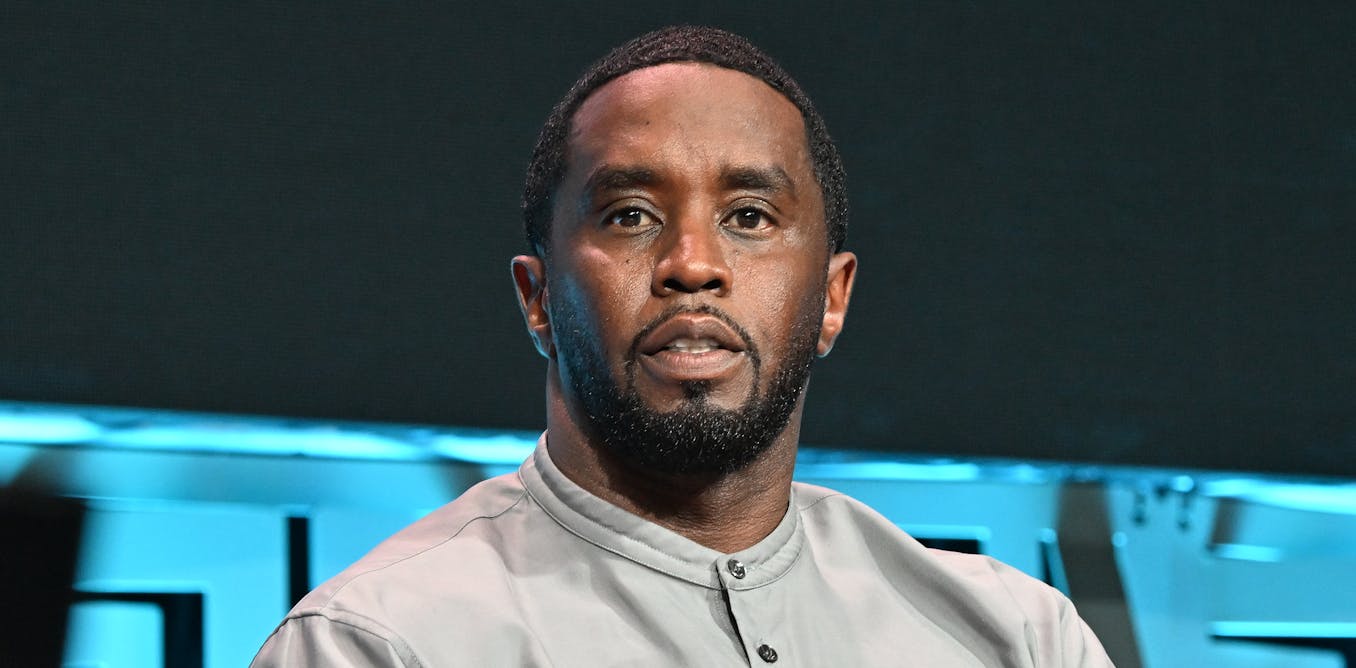Education
How might Trump’s vow to abolish the U.S. Department of Education impact Colorado schools?
If President-elect Donald Trump follows through on campaign-trail promises to eliminate the U.S. Department of Education, Colorado schools would face a long list of questions about how federal funding would reach their most vulnerable students.
The 45-year-old federal agency, created by Congress, leaves decisions about what students learn up to states and local school districts. But the department plays a significant role in providing schools grant funding to educate students living in poverty, children with disabilities and kids learning English. The department also tracks data related to how students are performing in school and ensures schools that receive federal funds comply with civil rights laws that reinforce equal access to education for all students.
And the department — to be led by Trump’s transition co-chair and former wrestling executive Linda McMahon — administers federal student loans and helps make higher Education affordable to students from low-income families through Pell Grants.
Scrapping the agency, which Republican leaders have regularly attempted, including Trump during his first term, requires clearing a high hurdle: the backing of Congress and a supermajority of 60 votes in the Senate, The Washington Post reported.
At least one proposal to dismantle the education department is already on the table, with a bill introduced Thursday in the Senate by Sen. Mike Rounds, a Republican from South Dakota, USA Today reported. A similar GOP effort last year, when Kentucky Rep. Thomas Massie added an amendment aimed at closing the department to a broader bill focused on parents’ rights, failed.
What would the end of the federal department mean for Colorado schools?
For one, it would likely lead to turbulence for public schools across Colorado and the country — all of which rely on funding from the federal agency, said Kevin Welner, director of the National Education Policy Center and a professor in the University of Colorado School of Education.
“If the Trump administration eliminates the Department of Education, they’re going to have to move a lot of pieces around to other departments,” Welner said. “That is going to result in a lot of chaos. That chaos is going to be felt by people in state departments of education, the school districts and in schools.”
That chaos would only amplify stress across districts as they face budget constraints closer to home. The majority of funding that flows to Colorado school districts comes from a combination of state and local resources. At a basic level, districts receive a dollar amount from the state for every student they educate — known as per-pupil funding. This school year, districts net just under $8,500 for each of their students. Districts get additional funding for specific groups of students who typically need extra support, such as students from low-income families and kids learning English.

Axing the Department of Education would be another blow to schools at a time when declining student enrollments are leading to less state funding for many districts and driving some cities to close schools.
Meanwhile, Colorado districts wonder whether the state will make good on a legislative promise to increase education funding by $500 million over six years and roll out a long-awaited new school funding formula. Districts are warily eyeing a budget proposal by Gov. Jared Polis that would give them about $190 million less than what they were on track to receive, Chalkbeat Colorado reported. Polis’ tweaks to education spending stem from a projected state budget shortfall of about $1 billion next fiscal year.
Districts’ budget challenges have been made even more complicated by the end of federal COVID relief dollars in September, which meant districts had to either part ways with programs and staff they floated with those dollars or find a more sustainable source of funding.
It’s hard to understand other consequences Colorado schools could face before Trump takes office and spells out more specifics of his education agenda, said Tracie Rainey, executive director of the nonprofit Colorado School Finance Project.
“I think it opens a whole lot of questions,” Rainey said, including questions about the rights of students who benefit from supplemental federal funding, such as students with special needs.
The Colorado Department of Education declined to comment in light of the uncertainty about the federal department’s future.
Zooming out to look at education funding as a whole, Rainey said Colorado receives a small amount of federal funds. She estimates that no more than 5% of the funding dispersed to districts comes from the federal level, mostly benefiting students with special needs and students learning English.
“Colorado is not considered a needy state, and so we aren’t a large recipient of any of those funds that come through the (federal agency’s) formula,” Rainey said.
Anticipating a “hyperpoliticized” future for schools
The U.S. Department of Education is a critical component of schools’ efforts to meet the needs of students who bring significant challenges to schools, such as those living in poverty or those with disabilities, and for students pursuing higher Education. And yet, Education hasn’t ranked among the highest priorities in recent political campaigns, said Education policy expert Van Schoales.
“Historically, the interest in public Education swings back and forth and it’s usually over the course of decades,” said Schoales, senior policy director for the nonprofit Keystone Policy Center. “Regardless of whether or not it was (Kamala) Harris or Trump, neither of them had a major Education agenda. And I think that we are coming off of a wave of strong interest in Education from the right and the left for a variety of reasons, and that’s waning.”
-

 Education4d ago
Education4d agoWhat would it mean if President-elect Trump dismantled the US Department of Education?
-

 Education1w ago
Education1w agoPhiladelphia students have a new reading and writing curriculum − a literacy expert explains what’s changing
-

 Education1w ago
Education1w agoWhy school police officers may not be the most effective way to prevent violence
-

 Education1w ago
Education1w agoCampus diversity is becoming difficult to measure as students keep their race and ethnicity hidden on college applications
-

 Education1w ago
Education1w agoFederal judge rules that Louisiana shalt not require public schools to post the Ten Commandments
-

 Education1w ago
Education1w agoCampuses are ground zero in debates about antisemitism − but that’s been true for 100 years
-

 Education1w ago
Education1w agoSocioeconomic status explains most of the racial and ethnic achievement gaps in elementary school
-

 Education1w ago
Education1w agoMothers, metaphors and dyslexia: What language reveals about the challenges of a child’s learning disability



























